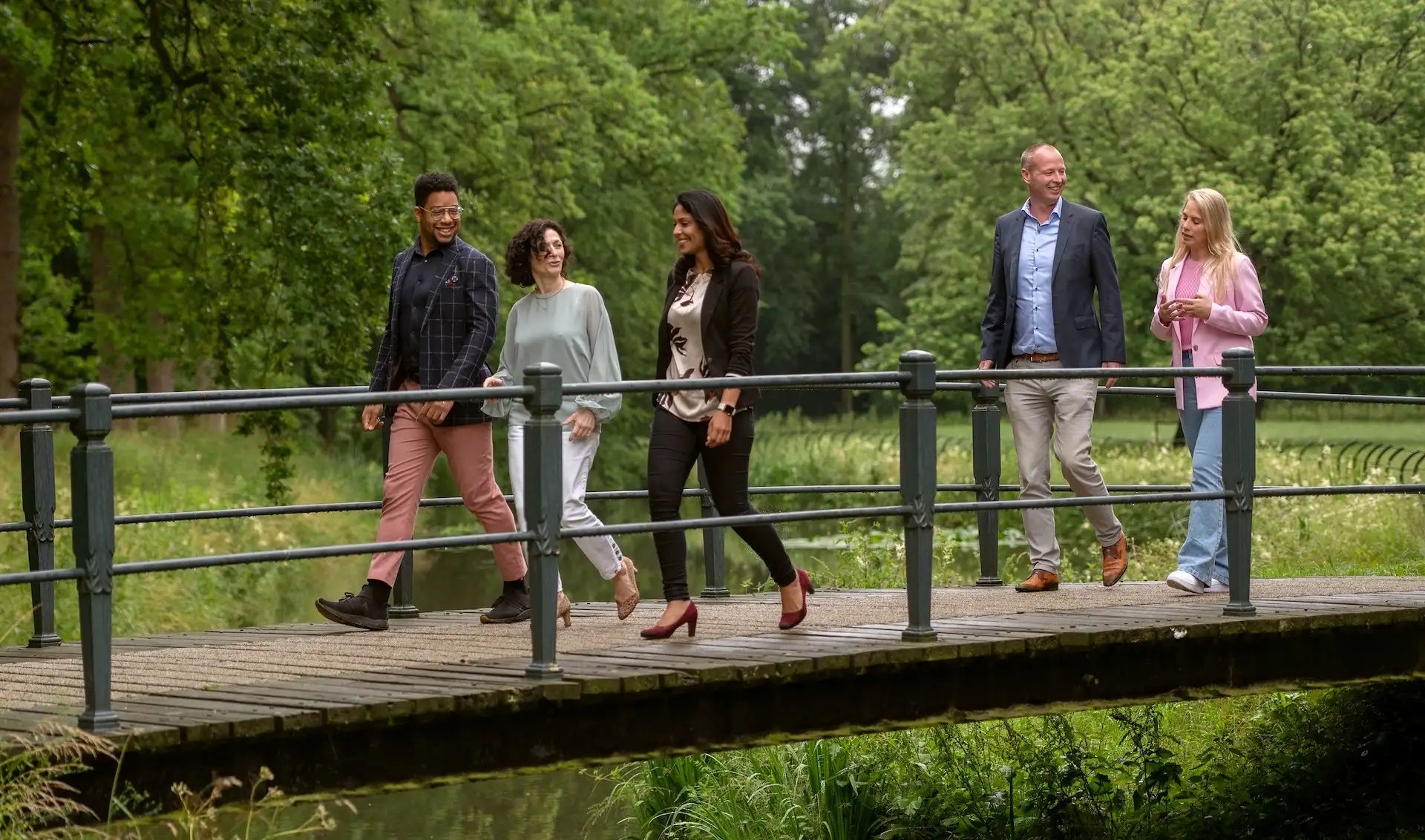Crisis management is essentially about limiting negative impact and maintaining trust. For many leaders, this turns out to be a challenge during crises. Not only because of the high time pressure that usually associated with crises, but also the lack of factual information is a problem for many crisis team. Often the difficult choice has to be made between two evils.
Dutch Prime Minister Rutte described the lack of information about the corona crisis during a press conference, typified by stating that based on a maximum of 50% of the knowledge, you have to make 100% of the decisions. And this while decision-making during a crisis is particularly important. Add to the fact that crisis regularly revolves around dilemmas in which a choice has to be made between two evils. This is exactly what makes it difficult for leaders to stem a crisis.
Elusive ‘enemy’
A few weeks ago, in my role as strategic advisor I saw crisis management organizations mainly wrestling with issues about the prevention of and preparation for contamination of employees. The way in which the advice of RIVM and other experts could be followed up as well as possible was a subject of discussion.
Meanwhile, people were anxiously looking for internal scripts and crisis procedures, only to quickly come to the conclusion that a pandemic-scenario was rarely included. Nevertheless, many organizations took a reasonable wait-and-see approach at the time and this may be explainable; after all, we were dealing with an invisible and as of yet elusive 'enemy'.
Concerns and uncertainty
Our world now looks different. The government has taken tough measurements in an attempt to get the virus under control and prevent a peak in the medical-care. Concerns about the spread and effects of the virus are still there, but more concerns came along. In four detailed scenarios, CPB Netherlands Bureau for Economic Policy Analysis outlines a recession with a GDP contraction of between 1.2 and 7.7 percent. There are concerns about canceling regular care because of corona, about the possible increase in domestic violence, and so on. Uncertainty predominates.
In uncertain times, people look for guidance and often look to their leaders for it. What do they know? What can they tell us about the future? About the continuity of the company? About the financial position? How do they respond to imposed government measurements and what measures do they take themselves? What do they radiate and can they help us solve our problems? A number of things can help leaders to answer these questions.
Thinking scenario
In times of crisis, for example, it remains important to make a periodic (but structural) diagnosis of the situation in order to ultimately be able to make the right decisions. What is actually going on? What is different today compared to yesterday? What does the situation mean for the continuity, strategic objectives, survival and reputation of the company? Which (moral) line do you wish to follow as a leader and how do you give concrete substance to this?
It is important to keep thinking a number of steps ahead, the so-called scenario thinking. What happens if the government's measures are further tightened? What if they are relaxed? What if you can no longer able to pay salaries? If an employee dies? We know from practical experience that working out different scenarios can help you to be prepared and stay prepared. Remain critical; it can help facilitate active contradiction to prevent tunnel vision.
Not losing overview
Make choices about the use of information. For a long time now, organizations no longer only look at the National Institute for Public Health and the Environment (RIVM) guidelines, simply because there is much more information available. Statistics, forecasts, analyzes from abroad, expert opinions. Multimedia information is available throughout the day and may vary from minute to minute. Therefore, make conscious choices in the information you 'allow' and take into account in your decision-making to prevent you from not losing the overview because of all the details. Then actively share these choices with your organization.
The current situation means that we are working together in a new way, often remotely. Organizations are adapting to this new reality. It can mean that roles, procedures and mandates within organizations change. These changes can cause confusion and perhaps even cause unrest. Communicate actively and clearly about the new reality and what you expect from others.
Actively search connection
You can make a difference by being visible and listening. Actively keep a finger on the pulse. What concerns are there? Are people worry about their jobs? Their health? How do you like working from home? Are the facilities in order and can the workload be combined with the situation at home? Everyone will understand that you don't have an answer for everything. By being visible, actively seeking connections on a regular basis and showing vulnerability, you will be able to do something for many people.
Djuro Leideritz is senior strategic advisor and trainer at the COT Institute for Security and Crisis Management. He advises and trains directors and crisis teams of public and private organizations in the field of safety, crisis management and crisis leadership. He also works as a practice leader crisis consulting EMEA for AON.
Djuro is an alumnus of Nyenrode's Leadership Development Program and a guest lecturer in the Advanced Management Program.
Related programs
-
Sustainability and Systemic Change
Start date: March 25, 2025Language:- English
Location:- Breukelen
Develop knowledge and skills to create opportunities for sustainable value creation from a leadership rol.
View program
-
Global HR Leadership Diploma Program
Start date: May 15, 2025Language:- English
Location:- Amsterdam
- Other...
The world of HR is changing. A 6 Months Blended Learning Journey To UNLOCK Your Potential
View program
-
Policy, Strategy and Organization
Start date: Start Autumn, 2025Language:- Dutch
Location:- Breukelen
This module is only given in Dutch. Please visit our Dutch site.
View program
-
Cooperation and Leadership
Start date: Starts Spring 2024Language:- Dutch
Location:- Breukelen
This module is only given in Dutch. Please visit our Dutch site.
View program
-
Global L&D Leadership Diploma Program
Start date: 11 September 2025Language:- English
Location:- Amsterdam
- Online
- Other...
Get new insights on how organizations can be more effective and efficient in developing their people by following the Global Master Program: L&D Leadership
View program
-
Leadership and Cooperation
Start date: 24 March 2025Language:- English
Location:- Breukelen
The module Leadership and Cooperation prepares you for the leadership of the future. Part of the modular MBA Business & IT.
View program

